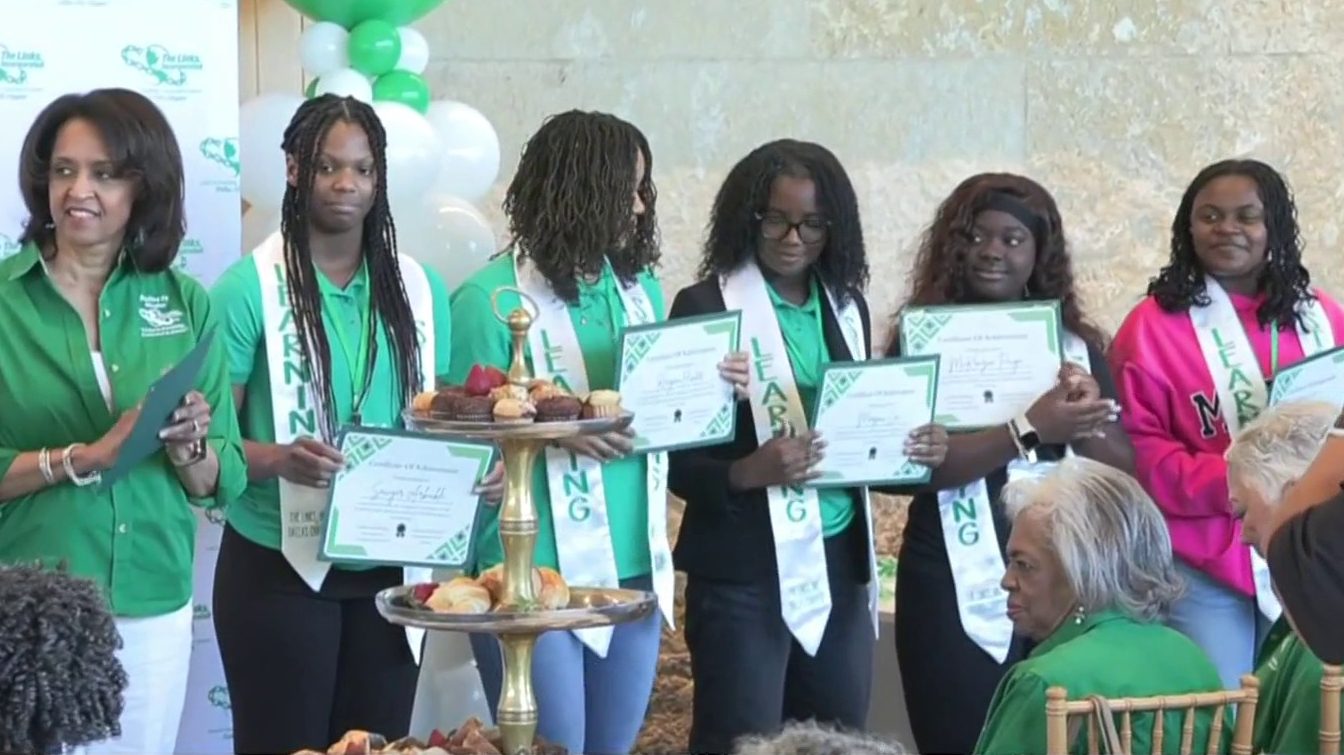Researchers in North Texas are working on a blood test for Alzheimer's disease and looking at how the disease affects the Latino population.
Alzheimer's disease, the sixth leading cause of death in the United States, is difficult to diagnose, but the research in Fort Worth on the new blood test shows promise.
"We're going to let multiple things in the blood tells us whether someone has Alzheimer's disease, and, as a result, we have a blood test that yields 90 percent accuracy," said Dr. Sid O'Bryant, a researcher at the University of North Texas Health Science Center.
O'Bryant said it will take several years to refine the test and get government approval. Once it is ready, the test could help primary care physicians who are often see first the signs of the disease in patients, he said.
"My goal is to get it into the hands of local primary docs first," he said. "Can we get it to local docs so they can say, 'Now I need to get them to specialty clinics to make sure we get the right diagnosis and the right treatments?'"
O'Bryant, who leads the Texas Alzheimer's Research & Care Consortium, a group of scientists working to bring cures and innovative treatments to those with age-related diseases, said Alzheimer's disease is a huge public health issue.
The 2012 Journal of the Alzheimer's Association reports that 5.4 million Americans have the disease.
Local
The latest news from around North Texas.
Millions more will develop it. Whites make up the great majority, but blacks and Latinos have a higher risk of developing it.
"It's (Latinos) the largest ethnic group in the Unites States, and there's almost no literature, and it's a major problem," O'Bryant said. "I looked at it and said, 'We can do something about this.' There's plenty of reasoning to suggest the disease may impact Hispanics differently."
"Diabetes is one of the risk factors for Alzheimer's, and we know the prevalence of diabetes in the Hispanic population is huge," said Liz Trevino, UNTHSC School of Public Health assistant professor.
She said she believes some Latino patients don't get help early enough because of cultural barriers and a lack of awareness.
"Many of our Hispanics don't go there," Trevino said. "They keep it from their families. They won't say, 'My mother or someone lost their memory.'"
Sarah Canales, of Fort Worth, said "it was like they hit me in the gut" when she learned four years ago that her mother, Juanita Renteria, had Alzheimer's disease.
"I cried just thinking about it," she said. "It's emotional. She's always been my rock. She's been there for me, and now it's my turn to be there for her. I'm going to do my best to keep her here as long as I can."
Renteria, 83, agreed to move in her with daughter and her son-in-law, and she gave up driving.
"There was a lot of traffic," she said. "And for the first time in my life, I was scared, so I said, 'It's time for me to stop driving.'"
"We're lucky hers is a slow progression," Canales said.
Canales said she feels fortunate that she and her mother can talk about the disease, learn about it together and get support. Both attend free group sessions offered by the Alzheimer's Association - North Central Texas Chapter.
The are walking with thousands of others Saturday in Fort Worth in the annual Walk to End Alzheimer's. It the 20th year for the fundraiser in Fort Worth.
Canales said she hopes sharing the story about her mother's journey will encourage more people to get out and walk, too.
"In the Hispanic community, I feel like we don't reach out to get help or find out what is out there," she said.
Walk to End Alzheimer's
Saturday, Oct. 27
Farrington Field/Trinity Park - Fort Worth
Registration is at 7:30 a.m. The ceremony is at 8:30 a.m., and the walk begins at 9 a.m.



